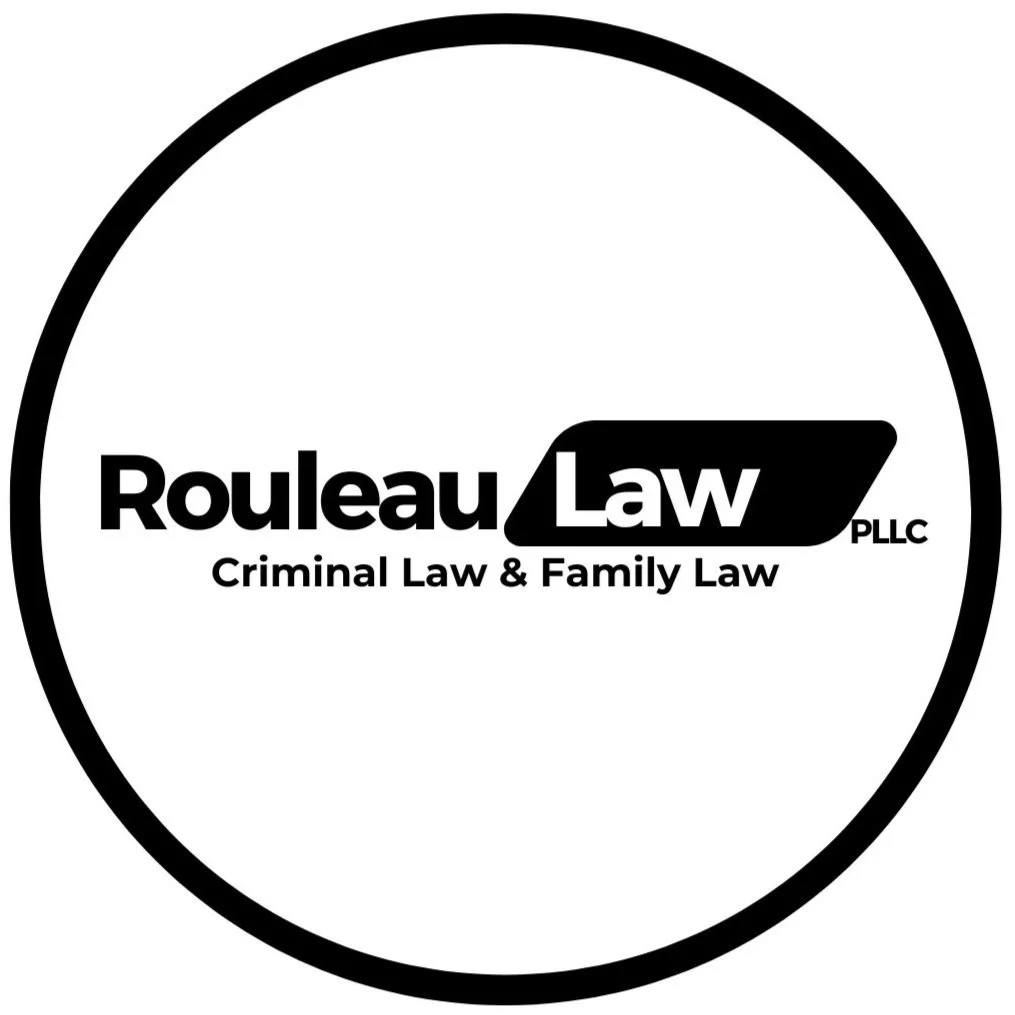Misdemeanor vs. Felony Jury in Virginia: What's the Difference?
Judged by a jury of one’s peers - this is one of the key components of Virginia’s criminal justice system. Juries serve for misdemeanor and felony criminal trials. While the fundamental principle of trial by jury remains the same, there are some key distinctions between a misdemeanor jury and a felony jury. Also there are key requirements for any potential jurors, particularly when it comes to who can serve. Let's break it down.
What courts have juries?
Only the Circuit Court hosts juries, for both misdemeanor and felony charges. For Virginia’s two district courts (general or juvenile and domestic relations district courts), the judge will always be the finder of fact and responsible for determining the sentence for criminal convictions. The right to trial by jury is exercised in the Circuit Court, but, in Virginia, that right may be waived by a defendant to instead be tried by a judge , or just sentenced by a judge but judged for guilty or innocence by a jury.
Size Matters (Sometimes):
The most immediate difference lies in the size of the jury.
Felony Jury: In Virginia, a felony jury consists of twelve individuals. These twelve jurors must unanimously agree on a verdict of guilty or not guilty. An unresolved disagreement on the verdict will result in a mistrial.
Misdemeanor Jury: For misdemeanors tried in the Circuit Court (as opposed to the General District Court), the jury size is typically seven. Again, a unanimous verdict is required.
The Crucial "Voir Dire" Process: Picking the Jury
The process of selecting fair and impartial jurors is known as "voir dire" (pronounced "vwah deer"), which is French for "to speak the truth." This stage is critical and only differs slightly depending on whether it's a misdemeanor or felony case.
During voir dire, the judge and sometimes the attorneys will question potential jurors to uncover any biases or conflicts of interest that might prevent them from rendering a fair verdict. This questioning can involve asking about their knowledge of the case, their relationships with the individuals involved, and their general beliefs that could influence their decision-making.
Felony Cases: Given the seriousness of felony charges, the voir dire process tends to be more extensive and rigorous. More time is often allocated for questioning, and attorneys typically have more opportunities to strike potential jurors for cause (a valid reason why they can't be impartial) and through peremptory challenges (striking a juror without needing to state a reason, though there are limitations to prevent discriminatory use of these challenges).
Misdemeanor Cases: While the goal of impartiality remains the same, the voir dire process in misdemeanor cases might be less lengthy. With a smaller jury pool to select from, the questioning might be more streamlined. However, the fundamental principles of identifying and removing biased jurors still apply.
Who Can Serve? The Basic Requirements:
Regardless of whether it's a misdemeanor or felony trial, the basic qualifications to serve on a jury in Virginia are generally the same. A potential juror must be:
A resident of the Commonwealth of Virginia.
At least 18 years of age.
A United States citizen.
Mentally and physically capable of fulfilling the duties of a juror.
Not convicted of a felony (unless their civil rights have been restored).
Able to understand English.
In a Nutshell:
While both misdemeanor and felony trials rely on the cornerstone of a jury of their peers, the key differences lie in the size of the jury, smaller for misdemeanors tried in Circuit Court. Also, the potential length and intensity of the "voir dire" process tends to be more in-depth for felony cases due to the gravity of the charges. The fundamental requirements to serve on a jury, however, remain largely consistent across both types of criminal trials in Virginia, ensuring a baseline of eligibility for those called to this important civic duty.
Are you facing criminal charges in Virginia and want a jury trial for your charges with an experienced trial attorney who has prosecuted and defended defendants before misdemeanor and felony juries? Contact Daniel Rouleau of Rouleau Law to discuss your case today!
DISCLAIMER: This blog post is for information only, and is not meant to be received or interpreted as legal advice for any pending criminal charges in Virginia. Contact an attorney when making any legal decision as important about whether to seek a trial by jury or other alternative options.
